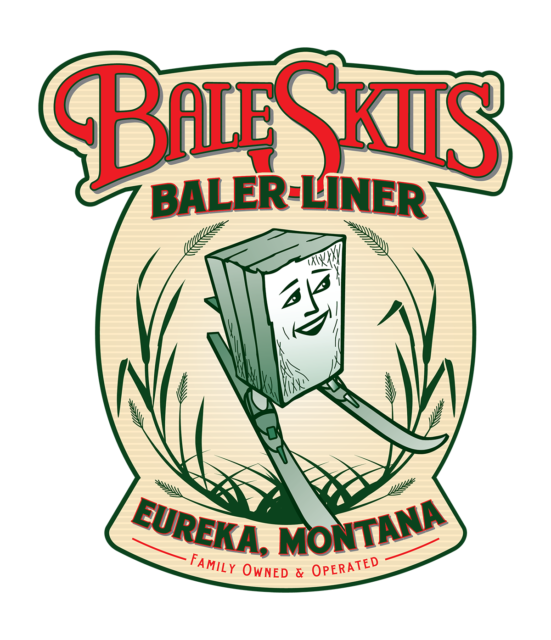Unflappable can be used to describe a person who is calm in a crisis. Take, for example, the story of a fellow trying to get a rise out of his wife. As they followed a truck with mud flaps depicting the ever-so-common figure of a sitting lady, the man said, “I ought to get some of those for my truck.” His unflappable wife calmly replied, “If that’s the image you want to portray to your children.”
The subject did not come up again.
After seeing someone in a difficulty calmly doing whatever it takes to resolve an issue, a bystander will almost always (in my experience) comment, “It’s not his/her first rodeo.” This translates roughly to, “This person had been in this or a similar situation before and knows how to deal with it.”
A couple of winters ago, there was just enough snow on the ground to make driving interesting. On a hill notorious for spun-out vehicles, I rounded a corner to find a truck stopped near the top. When I saw the truck, I realized the driver had committed my old truckin’ buddy Leo’s cardinal sin – not installing enough tire chains to do the job. Leo always figured that if he needed chains, he certainly didn’t want to have to deal with putting more on while also being stuck.
So I stopped just past the top of the hill to be there in case someone needed to alert or stop traffic and watched the unflappable driver get out of the situation. He first pitched loose gravel from beside the pavement under his driver tires. (Driver tires are the ones that transfer the engine’s power to the pavement, as opposed to steering axle or trailer axles.) With gravel both ahead of and behind the target wheels, he proceeded to install more tire chains. With that done, he threw more gravel on the uphill side of the driver tires, then gently shifted the truck forward. Now was the balancing act – to apply enough throttle to keep from killing the engine but not enough to spin the wheels, which would have caused the truck to slide toward the edge of the road and off the pavement rather than to move uphill on the roadway. Once the truck had driven out of the several feet of gravel pitched in front of the driver tires, it had enough momentum to keep moving, with the added “steel tennis shoes” now adequate for the snow-covered pavement.
Definitely not this driver’s first rodeo.
Now, there are more possibilities of adverse situations than could fit into any lifetime. So how is it that some can deal with a totally new situation with the same calm, cool and collected demeanor as others who have “been there, done that” a couple of times before?
The ability to calmly consider solutions to almost any situation can be a learned response. Dad and Grandpa won’t always be there to “hold your hand” and tell you how to solve the issue. If they make you think through the problem even as they help, that can be a start. But it is the experiences when you are your own rescue party that can make you unflappable in every circumstance.
If you get stuck in the mud, figure out how to get unstuck. (Most hay haulers learn early on that the cheapest time you will ever spend is to get out of the cab and walk over a suspect or unknown area before attempting to drive over it.) Options may be to shovel out an escape path, chain up (yuck, not while stuck in the mud), or sometimes it just takes simply backing up. I’ve even gone so far as to unhook the trailer, drive the truck out, approach the trailer from a different angle and pull the trailer out using a pair of 20-foot lengths of chain to keep the truck on safe footing.
If the truck won’t start, consider possible reasons why. Is it too cold? Is it out of fuel? Has someone pulled the emergency shut-off (on a two-cycle Detroit), blocking the intake air? Is it electrical: battery, wiring or starter motor? Come to a conclusion, then deal with the issue.
Energy spent shouting about the current situation or breakdown will always be better spent figuring out a solution. Hopefully, as you think through your challenges, you will develop into the kind of person who everyone thinks of when they say, “If they can’t fix the situation, then we really are up the creek without a paddle.”











